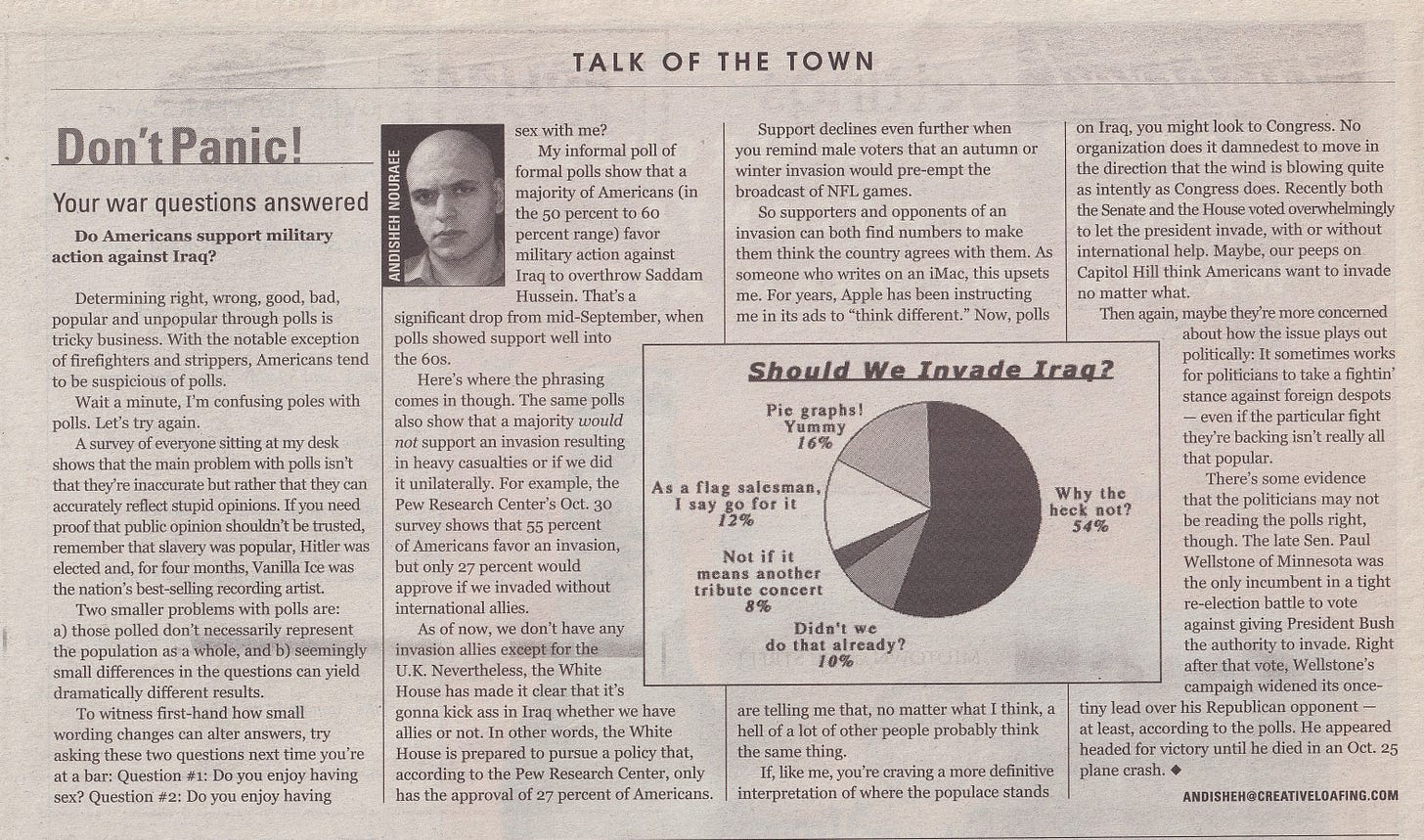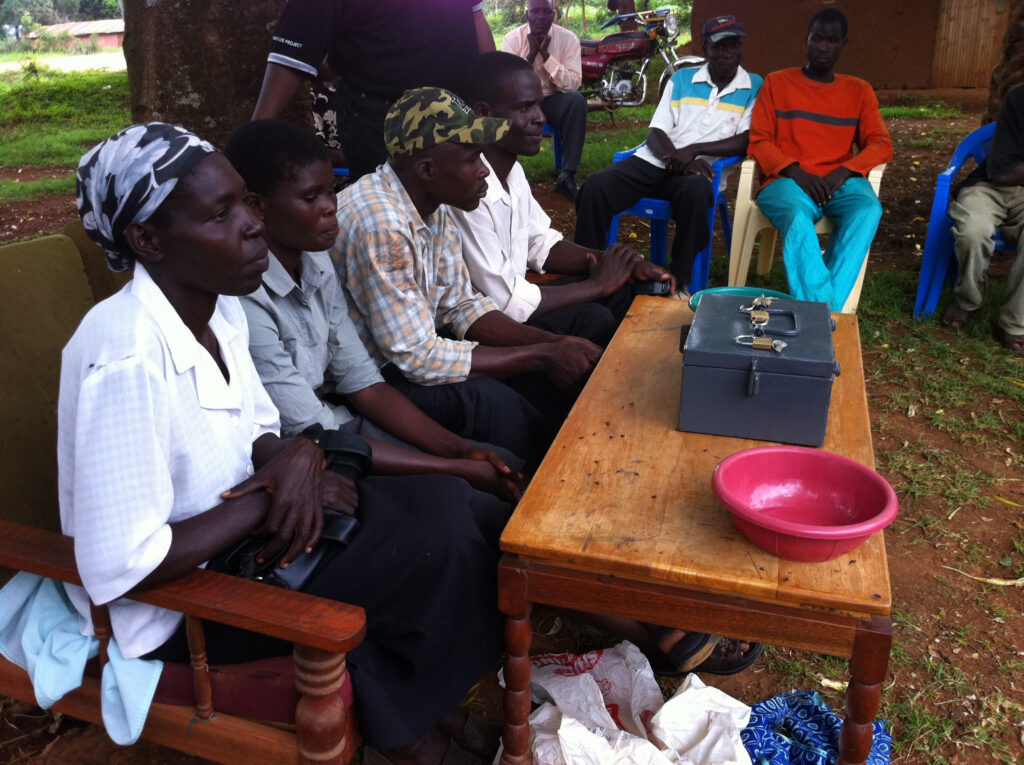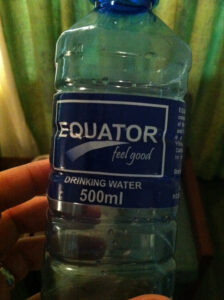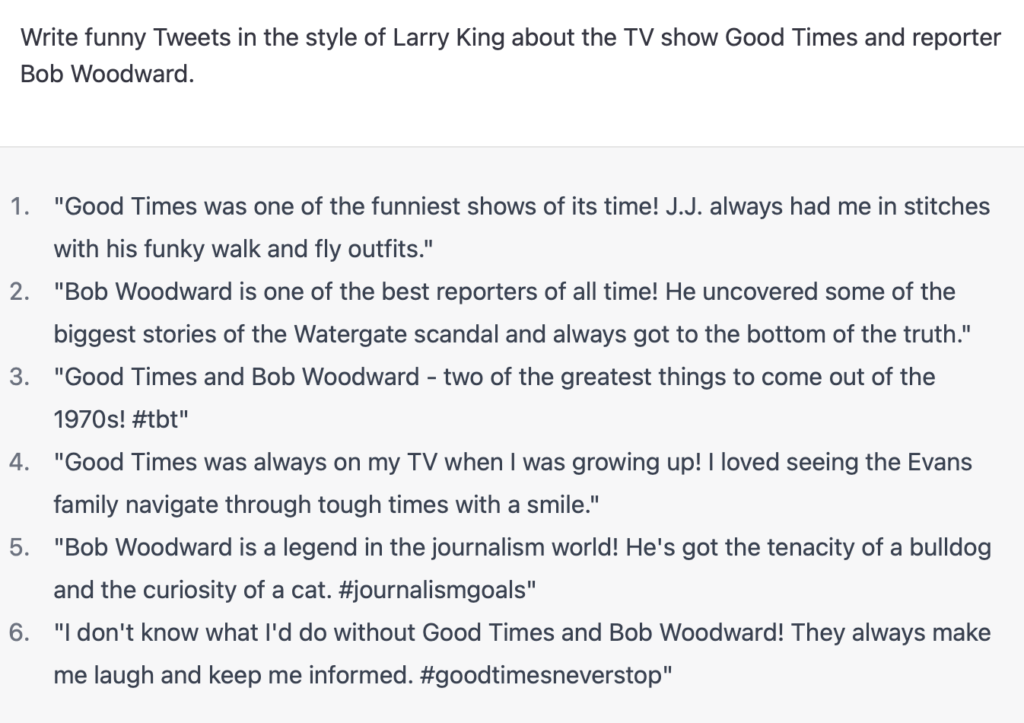If Trump’s coup against Constitutional rule horrifies you, you write a letter to Congress and call.
I know from professional experience that members of Congress pay attention to their constituents. It doesn’t mean they always act accordingly, but if enough people push, they will bend.
I live in Georgia’s 5th Congressional district. I’m represented in the House by Rep. Nikema Williams and in the Senate by Sen. Jon Ossoff and Sen. Raphael Warnock. I have left phone messages with all three of them, and several emails.
Find your representatives and your senators here.
Here’s my latest letter to them. You’re welcome to use it and adapt it if you find it helpful:
Hi, my name is [NAME]. I am one of your constituents. I live in [City, State, Zip Code]
I voted for you. I donated to your campaign, and regularly volunteer in support Democratic candidates.
I am calling to implore you and your Democratic colleagues begin treating Donald Trump’s historic crime spree like the mortal threat to the republic that it is.
Trump is conducting a coup against Congress’s Constitutionally mandated control of the nation’s budget. And every day since January 20, it seems Trump has committed an impeachable crime bigger than the day before.
Trump will not stop. He must be stopped. We elected you to try to stop him.
I implore you and every Democrat to tell your constituents every day that Trump is committing historic crimes that must be stopped and punished. No one is stopping Democrats from using their voices to rally the country.
I implore you tell media and constituents that restoring the rule of law and protecting Constitutional rule is your top priority. Every day. Make it the only issue.
I demand you take every opportunity to stop Republican initiatives you can stop, and slow the ones you can slow. Withhold Democratic support for any budget resolution or debt ceiling increase until the rule of law is restored. No unanimous consent until the crimes stop.
Trump is carrying out a coup and so far Democrats are taking a wait and see attitude. Our house is burning and Democrats are worried yelling “fire” might upset a mythical swing voter somewhere.
I’m taking note of who is forcefully and convincingly speaking up for democracy – Rep. Ocasio-Cortez. Sen. Brian Schatz. Rep. Sean Casten. Sen. Adam Schiff. and handful more. I want to put your name on that list.
History, and voters, will remember as heroes the people who fought for our country and the rule of law. They will remember everyone else as collaborators and enablers who fiddled while American democracy burned.
I’m begging you to scream and yell about Trump’s real and unprecedented crimes with the same intensity and relentlessness as Republicans scream about made-up crimes.
We need your leadership now.
Sincerely,
NAME




